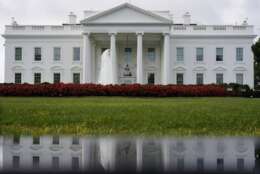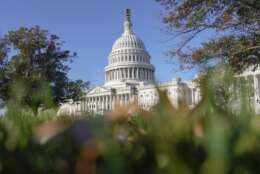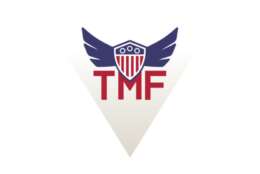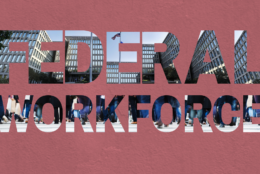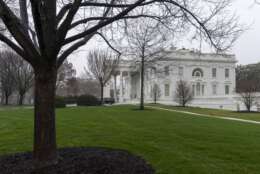General Services Administration
-
The Federal Risk Authorization and Management Program’s is planning several pilots to bring in automation, test out reciprocity and speed up reviews.
March 28, 2024 -
The General Services Administration made eight awards under the next generation Commercial Platform Initiative, including four to small businesses.
March 27, 2024 -
Ideas to improve public services submitted by employees from FEMA, CFBP, Treasury and others rose to the top of GSA’s 10x priority list.
March 26, 2024 -
Presidential transition is already underway, months before the election. You might want to get involved. Just avoid picking political sides.
March 21, 2024 -
The Farm Credit Administration has had a new operations associate director. Byron Adkins moved over from the Interior Department's Business Center.
March 21, 2024 -
Lawmakers plan to cut $10 billion in funds the IRS got in the Inflation Reduction Act, in a spending deal for the rest of fiscal 2024.
March 21, 2024 -
The 2024 spending bill cuts all federal IT modernization funds, including the TMF, the Federal Citizen Services and the IT Oversight and Reform accounts.
March 21, 2024 -
GSA issued an acquisition letter detailing the certain conditions when contracting officers can buy cloud services with upfront payments.
March 15, 2024 -
Brian Conrad, the acting director of the FedRAMP cloud security program, has led several modernization initiatives over the last three years.
March 14, 2024 -
OPM’s request for $465.8 million in discretionary fiscal 2025 spending looks to scale up development of early-career talent, the HR workforce and more.
March 14, 2024 -
The departments of Homeland Security, Energy and Treasury are among the big winners in the fiscal 2025 budget request for civilian technology.
March 12, 2024 -
The Biden administration sees a major opportunity to shrink the federal government's sprawling real estate footprint.
March 11, 2024 -
Along with a proposed 2% federal pay raise for 2025, the Biden administration is looking at reforms for federal firefighters, as well as FAA and TSA employees.
March 11, 2024 -
Eric Mill, director of cloud strategy at GSA, said comments on the draft Emerging Technology Framework are key to ensuring their decision process is correct.
March 08, 2024 -
The Public Buildings Reform Board's recommendations have brought in hundreds of millions of dollars in revenue — but not the billions Congress envisioned.
March 07, 2024




